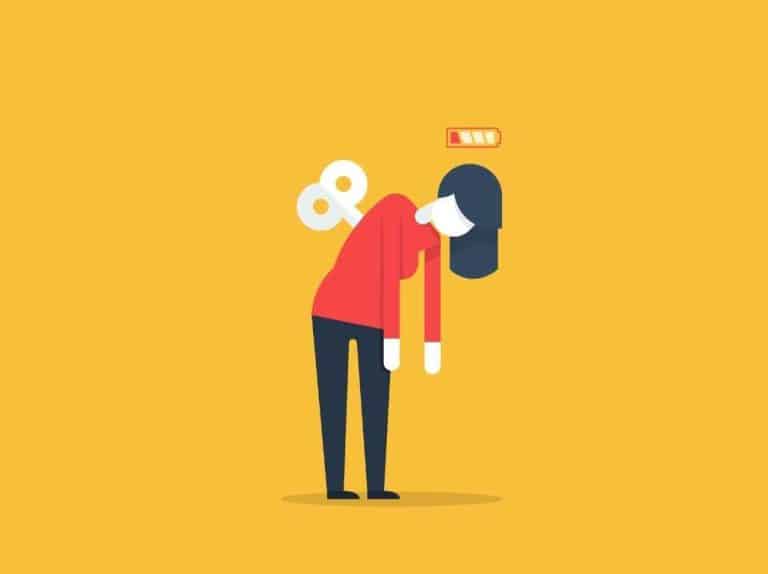Fatigue Knocks You Flat When You’re Suffering From Mental Illnesses
Do you experience fatigue? Mental illnesses can appear very different from one another. A panic disorder, for instance, doesn’t look much like depression from the outside. In spite of their differences, though, many mental illnesses share similar symptoms. Consider fatigue, or extreme feelings of tiredness. This symptom is found in nearly every health condition, from opioid addiction to OCD.
Why is fatigue so frequent among people who deal with mental illness? Below are some of the most common reasons.
Mental Illness Affects Sleep
Like many physical illnesses, mental illness can affect sleep. Depression, for example, can alter sleep cycles, making it difficult to fall asleep at night and stay awake during the day. Likewise, if a person has ADHD, anxiety, or is experiencing a manic episode of bipolar disorder, racing thoughts may keep them from relaxing enough to fall asleep.
Mental illness can affect sleep in indirect ways, too. Poor sleep hygiene is one of the most notable. “Sleep hygiene” refers to the actions and routines that contribute to a good night’s sleep. It includes things like limiting screen time before bed, having a consistent bedtime schedule, and getting enough sunlight during the day.
A person with a mental illness, however, may not have the mental energy to complete these tasks. For someone with mental health issues, standing up to dim the lights and put on pajamas may take a lot more effort than it would for somebody without a mental illness.
Activities Require Extra Effort When You’re Coping With Fatigue
Speaking of actions needing extra effort, this is a common problem among people with mental health conditions. Mental illness impacts executive functions, or the skills that people need to finish tasks and self-regulate. Some examples of executive functions include:
- focusing on a task
- maintaining impulse control
- being flexible when plans change
- planning and making decisions
- staying organized
Nobody is born with these skills. People have to learn them over time. For those without mental illnesses, however, these skills can become automatic. For those who do have mental health issues, they may require extra effort and intention, as mental illness and executive dysfunction often coincide.
In other words, it costs more energy for a person with a mental illness to perform basic tasks than it does for a mentally healthy person to perform those same tasks.
Chronic Stress as a Risk Factor For Fatigue
Mental illness and chronic fatigue share many risk factors, including stress. Consistently high levels of stress can cause long-term exhaustion. It can also cause depression, anxiety, and other mental health concerns.
Mental illness has many overlapping causes, including genetics. However, when stress is a contributing factor to someone’s mental illness, that same stress may be the cause of the person’s exhaustion, too.
What to Do about Mental Illness and Fatigue
When chronic fatigue overlaps with mental illness, treating that mental illness may be the best thing you can do for your energy levels. Talk to your doctor about any mental health concerns you may have, including depression, anxiety, and substance abuse.
If you feel that your fatigue is a side effect of medication, don’t stop taking your medication without talking to your doctor. However, if the fatigue outweighs any benefits you get from the medication, you might ask your doctor about different options. Not everybody responds to medication in the same way, and if your current treatment isn’t working, another one might provide the results you need.
Finally, be patient with yourself as you get to know your limits. On days when you have low energy, you may not be able to accomplish as much as you would like to accomplish. If that’s the case, it’s okay to adjust your goals.
More Articles To Read About Sleep And Fatigue
How To Sleep Better And Banish Insomnia
How To Get Healthy In Body And Mind





















